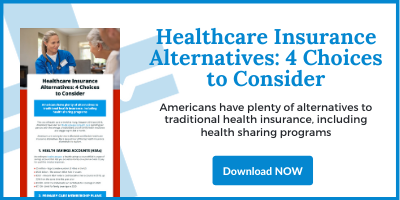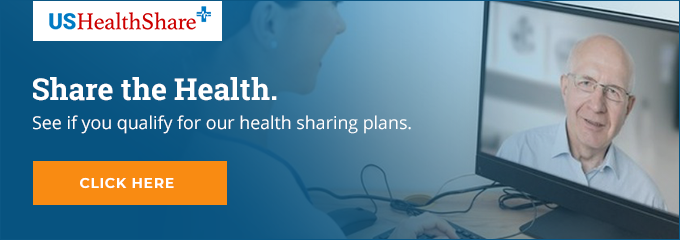Every year, you have an opportunity to revisit your health insurance plan to see if the coverage is still adequate enough for you and your family. If it isn’t, you have an “Open Enrollment” period to make changes. If you don’t have insurance, this is the time to sign up for a plan.
Most types of health insurance such as Medicare, employer-based health insurance, and individual market health insurance use Open Enrollment as a result of the Affordable Care Act. During this time frame, you can sign up for health insurance, change your plan, or switch insurers.
Open Enrollment usually takes place in Fall from October to mid December. That said, some employers may have a slightly different schedule for their Open Enrollment period, depending on the company.
The problem is, Open Enrollment lasts only a handful of weeks, so, if you miss it, you’ll have to wait until the following year to revisit your health insurance plan.
What happens if you miss Open Enrollment? Will you be without medical benefits and services until next year?
Not necessarily. While traditional health insurance may not be available until next year’s Open Enrollment, health sharing ministries offer a more affordable alternative.
Does Missed Open Enrollment = Missed Opportunity For Health Care?
While you might have missed the chance to sign up for or change your current health insurance plan, you do have other alternatives to consider that may provide more comprehensive coverage without the high price tag. One of the most attractive of these alternatives is a program from a health sharing ministry.

Health sharing ministries offer Americans an alternative to traditional health insurance plans. These programs are not insurance, but offer an alternative way to get comprehensive medical and pharmacy benefits and services.
 There are several reasons why over 2 million Americans – and counting – are members of healthcare sharing programs:
There are several reasons why over 2 million Americans – and counting – are members of healthcare sharing programs:
They’re affordable. The cost of health insurance in the US is rising. Fortunately, the monthly costs of programs with health sharing ministries are generally much lower than the average insurance premium. In fact, members can save as much as 50% or more compared to a typical health insurance policy.
They offer more flexibility. Typical health insurance plans often have restrictions on the exact physicians or specialists that you are able to see. These plans will usually have their own network of providers from which you must choose, and if you decide to go with a healthcare provider that is not on the list, you may not be covered. Instead, health care sharing programs offer you the freedom and flexibility to choose the doctors, hospitals and providers you prefer from a huge nationwide network of board-certified providers.
They offer the chance to help others. If you’re a person of faith or simply like the idea of being a part of a community of like-minded people, then a health sharing ministry may be an ideal fit for you. Health sharing ministries provide the opportunity to be a part of a community of faithful people who share similar beliefs – and share in the cost of each other’s care. You get health care programs with medical and pharmacy benefits that function just like insurance; but the membership shares the expenses.
If you miss your chance to sign up for insurance or make changes to your current plan during Open Enrollment, you have other options, which may prove to be better than a traditional health insurance plan. With health sharing ministries, you can take advantage of a more affordable and flexible program that fits better with your budget and needs.

